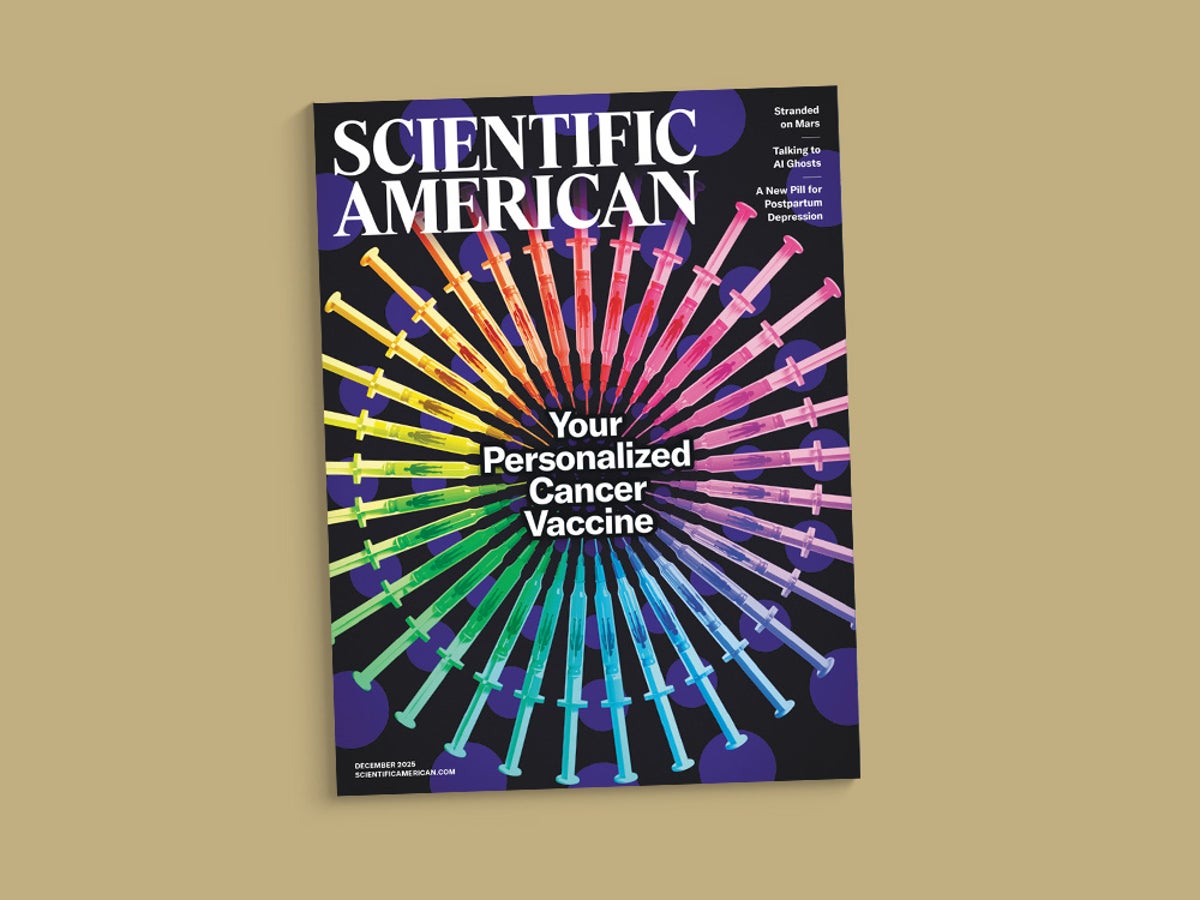
"In June, Department of Health and Human Services Secretary Robert F. Kennedy, Jr., fired all 17 members of the Centers for Disease Control and Prevention's Advisory Committee on Immunization Practices, a panel that creates recommendations for safe and effective vaccination standards. His chosen replacements include ideological allies who have been outspoken skeptics of vaccine safety. In August, Kennedy announced the cancellation of roughly $500 million in federal funding for the development of messenger RNA (mRNA) vaccines for respiratory viruses,"
"A month later he testified during a Senate hearing that he believed mRNA vaccines cause widespread serious harm, including death. The data show otherwise. People who received mRNA vaccines for COVID-19 were significantly less likely to go to the ER, be hospitalized or die because of the illness; experts say severe side effects of these vaccines are very rare. The fact is mRNA COVID vaccines saved millions of lives, and their use in hundreds of millions has repeatedly demonstrated their safety."
"Not only could Kennedy's campaign against mRNA research deter people from getting updated COVID vaccines, but it is also stunting the development of new mRNA technology for other diseases and disorders. Our cover story, reported by journalist Rowan Moore Gerety, highlights one of the most exciting of these new applications: custom-built mRNA therapies tailored to the genetic makeup of a person's cancer that can help that patient's immune system go after the tumor cells' unique mutant proteins."
In June, HHS Secretary Robert F. Kennedy Jr. fired all 17 members of the CDC Advisory Committee on Immunization Practices and replaced them with ideological allies skeptical of vaccine safety. In August, he canceled roughly $500 million in federal funding for mRNA respiratory vaccine development, asserting mRNA technology poses more risks than benefits. He later testified he believed mRNA vaccines cause widespread serious harm, including death. Data show mRNA COVID-19 vaccines substantially reduced emergency visits, hospitalizations and deaths, with severe side effects very rare. The decision risks deterring vaccine uptake and stunting development of mRNA therapies, including personalized cancer vaccines.
Read at www.scientificamerican.com
Unable to calculate read time
Collection
[
|
...
]